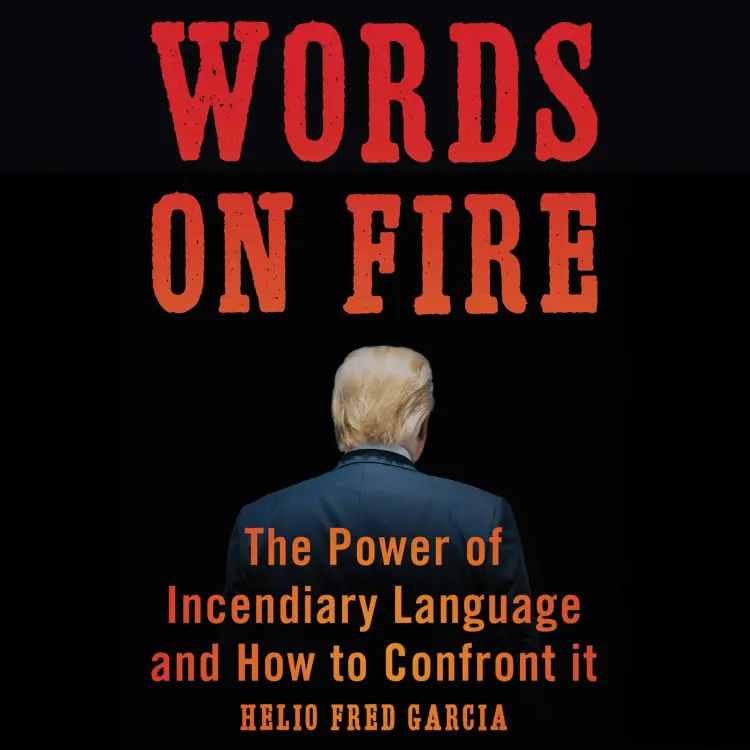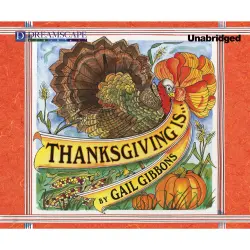
Words on Fire - The Power of Incendiary Language and How to Confront It
Helio Fred Garcia
Available versions and purchase options
Unabridged
8 Stunden 55 Minuten
Hinweis: Für das Abspielen der Hörbücher oder Hörspiele können auf den jeweiligen Plattformen, wie z.B. Spotify, Kosten anfallen. Lismio hat keinen Einfluss darauf, welche Hörbücher und Hörspiele bei dem Service verfügbar sind.
Einige Artikel enthalten Affiliate-Links (gekennzeichnet mit einem Sternchen *). Wenn ihr auf diese Links klickt und Produkte kauft, erhalten wir eine kleine Provision, ohne dass für euch zusätzliche Kosten entstehen. Eure Unterstützung hilft, diese Seite am Laufen zu halten und weiterhin nützlichen Content zu erstellen. Danke für eure Unterstützung!
Vom Herausgeber
This book is about the power of communication to do great harm and how civic leaders and engaged citizens can hold other leaders accountable to prevent it. Author Helio Fred Garcia focuses on the language President Trump uses that conditions an audience to accept, condone, and commit violence against a targeted group, rival, or critic.
Including a history of such rhetoric, this book identifies a playbook consisting of twelve forms of communication that typically precede genocides and other acts of mass violence. The Rwandan Hutu used ten, the Nazis used all twelve, and Trump uses all twelve too. Such language triggers lone wolves to commit violence. Since 9/11, the use of rhetoric that provokes violence has been known as "stochastic terrorism," a phrase that can be confusing and make discussion difficult. Garcia suggests a more accessible name: lone-wolf whistle violence, on the model of "dog whistle" politics. He draws on the most recent scholarship on lone wolves, their mindset, and what it takes to activate them to commit violence, demonstrating how Trump's increasingly dangerous rhetoric throughout his campaign and first term has motivated such individuals. He also describes the changes in the nation's political culture and media that led to Trump's nomination and presidency but also profiles leaders who dialed back their rhetoric when it was shown to put people's lives in danger. Words on Fire closes with a call to action: we all-civic leaders, engaged citizens, journalists, and public officials-must recognize this phenomenon so that we can take steps to hold our leaders accountable in the future.
Including a history of such rhetoric, this book identifies a playbook consisting of twelve forms of communication that typically precede genocides and other acts of mass violence. The Rwandan Hutu used ten, the Nazis used all twelve, and Trump uses all twelve too. Such language triggers lone wolves to commit violence. Since 9/11, the use of rhetoric that provokes violence has been known as "stochastic terrorism," a phrase that can be confusing and make discussion difficult. Garcia suggests a more accessible name: lone-wolf whistle violence, on the model of "dog whistle" politics. He draws on the most recent scholarship on lone wolves, their mindset, and what it takes to activate them to commit violence, demonstrating how Trump's increasingly dangerous rhetoric throughout his campaign and first term has motivated such individuals. He also describes the changes in the nation's political culture and media that led to Trump's nomination and presidency but also profiles leaders who dialed back their rhetoric when it was shown to put people's lives in danger. Words on Fire closes with a call to action: we all-civic leaders, engaged citizens, journalists, and public officials-must recognize this phenomenon so that we can take steps to hold our leaders accountable in the future.








